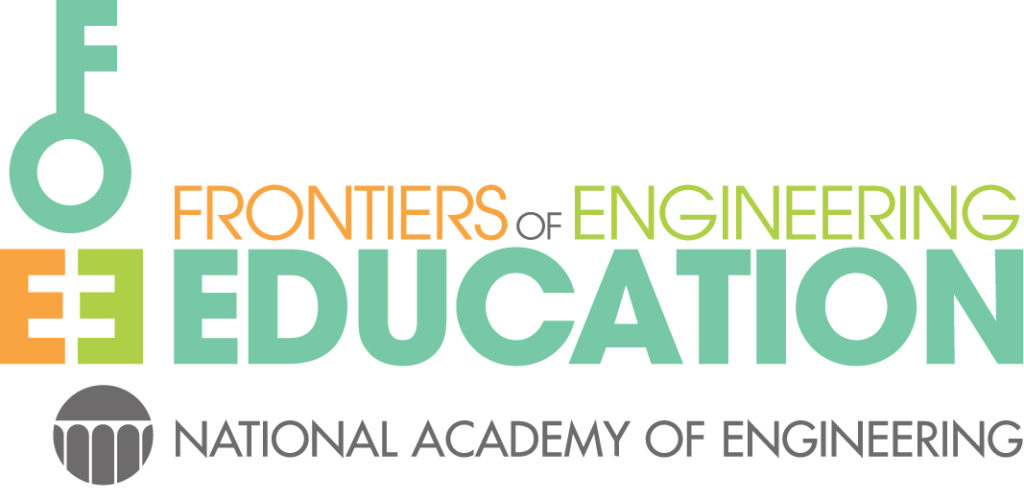Three UConn Engineering faculty have been selected to take part in the National Academy of Engineering’s eighth Frontiers of Engineering Education (FOEE) symposium. Forty-eight of the nation’s most innovative early-career engineering educator were selected for the symposium.
George Bollas, associate professor in the department of chemical & biomolecular engineering; Michael Pettes, assistant professor in the department of mechanical engineering; and Arash Zaghi, assistant professor in the department of civil and environmental engineering were all chosen to attend.
Faculty members who are developing and implementing innovative educational approaches in a variety of engineering disciplines will come together for the 2-1/2-day event, where they can share ideas, learn from research and best practice in education, and leave with a charter to bring about improvement at their home institution. The attendees were nominated by NAE members and engineering deans and chosen from a highly competitive pool of applicants. The symposium will be held Sept. 25-28 in Irvine, Calif.

“The goal of the Frontiers of Engineering Education program is to strengthen US innovation by nurturing and catalyzing the insights of education leaders on today’s 21st century engineering education needs,” said NAE President C. D. Mote, Jr. “The program builds this community of engaged engineering educators as a resource committed to the preparation of engineering students for today’s engineering world.”
“With today’s unprecedented pace of technological advances and the significant challenges the world faces, engineering education plays a crucial role. But it must reinvent itself in order to produce a larger and more diverse engineering workforce highly capable of innovation and value creation for society,” said Nadine Aubry, university distinguished professor and dean of the College of Engineering at Northeastern University and chair of the FOEE advisory committee. “The Frontiers of Engineering Education symposium provides a forum for creative engineering educators to generate novel approaches, share early implementation schemes, establish a national network, and serve as change agents in their home institutions.”
Pettes is enthusiastic about the chance to collaborate at the symposium.

“The FOEE symposium will continue my career development as an educator-scholar, where I will be able to both share my educational activities with the most effective engineering education researchers and practicing educators in the nation, as well as learn from and collaborate with them. Instituting lessons-learned from the symposium in my courses will allow me to increase both my own effectiveness as an educator as well as the effectiveness of my institution’s educational mission,” Pettes said.
Bollas is looking forward to what he can bring to the symposium.
“I expect to present valuable insight into the effective use of simulation software in the teaching of chemical engineering and, more generally, systems engineering. I would like to share my view of the future of engineering education, which I believe will become virtual and computer-based, both in terms of delivery and content. I also expect to share my experience with continuing education and in particular, my efforts and lessons learned from offering an online educational program to professional engineers from around the world,” Bollas said.
Bollas also expressed enthusiasm in discussing how engineering education will change in the future.
“In my opinion, the future of engineering education lays on four main principles: an interdisciplinary approach, modularity, remote access and adaptability to specific needs. I would like to share this view with a larger community and learn of other views and activities in engineering education,” he said.
For more information on the FOEE visit their website.



